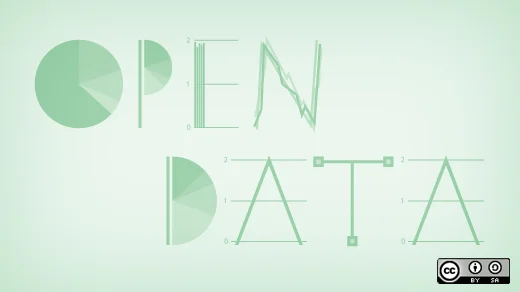In March 2012 I reported in a post entitled “Open by design” a paper by Harlan Yu and David Robinson entitled “The New Ambiguity of Open Government“. A discussion of the paper has now appeared on the World Bank blog by Anupama Dokeniya entitled “Opening Government Data. But Why?” [A thank you to Jacques Raybaut at en.europa-eu-audience for the heads-up]. This is also even more relevant given the UK Public Accounts Committee report back so recently which was linked to and commented upon in Transparent e-gov.
Dokeniya quotes a recent blog post by Nathaniel Heller who stated that “The longer we allow ‘open government’ to mean any and everything to anyone, the risk increases that the term melts into a hollow nothing ness of rhetoric”. A similar debate occurred on the W3C list, and it is long been the case between e-government and e-governance. Heller brings in three ‘dimensions’ – information transparency, public engagement and accountability – all three of which might be absent from some ‘implementations’ of open government. He also emphasises that ‘open government’ itself is technology neutral.
The final paragraph from Dokeniya is important: “Transparency policies will achieve little if the political system does not create the incentives for officials to be sanctioned when corruption is exposed, for service providers to be penalized when poor performance or absenteeism is revealed, or for safeguards or structural reforms to be adopted when evidence of systemic governance problems emerge.” Essentially open data done well is a potential catalyst for change, any less than that it is a smokescreen around politicians, policy and the bureaucracy.
This article was originally published on www.greatemancipator.com and is reposted with permission.







Comments are closed.